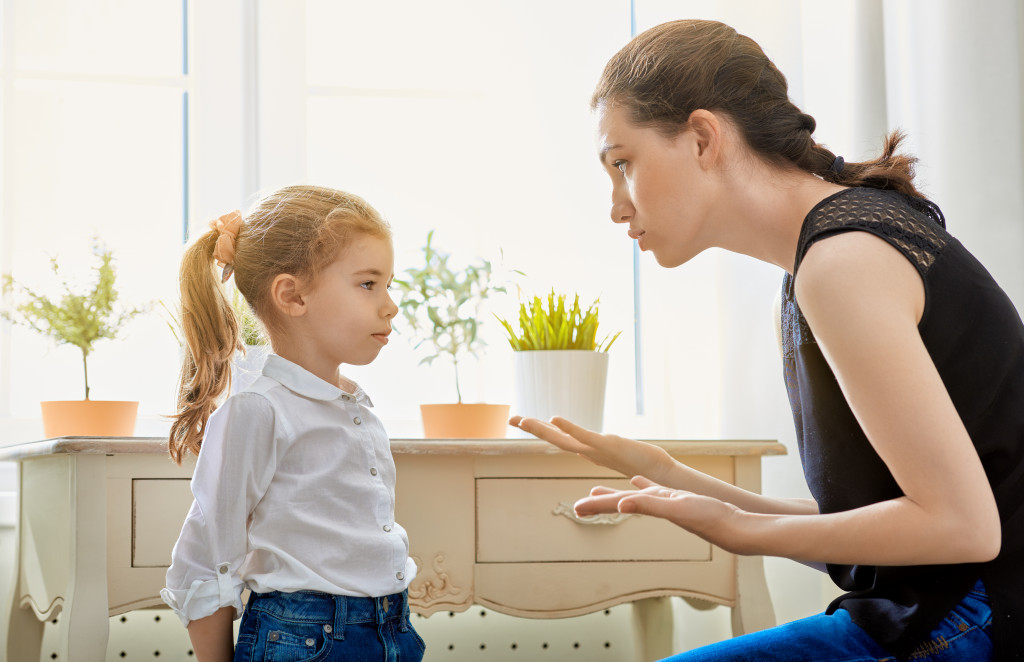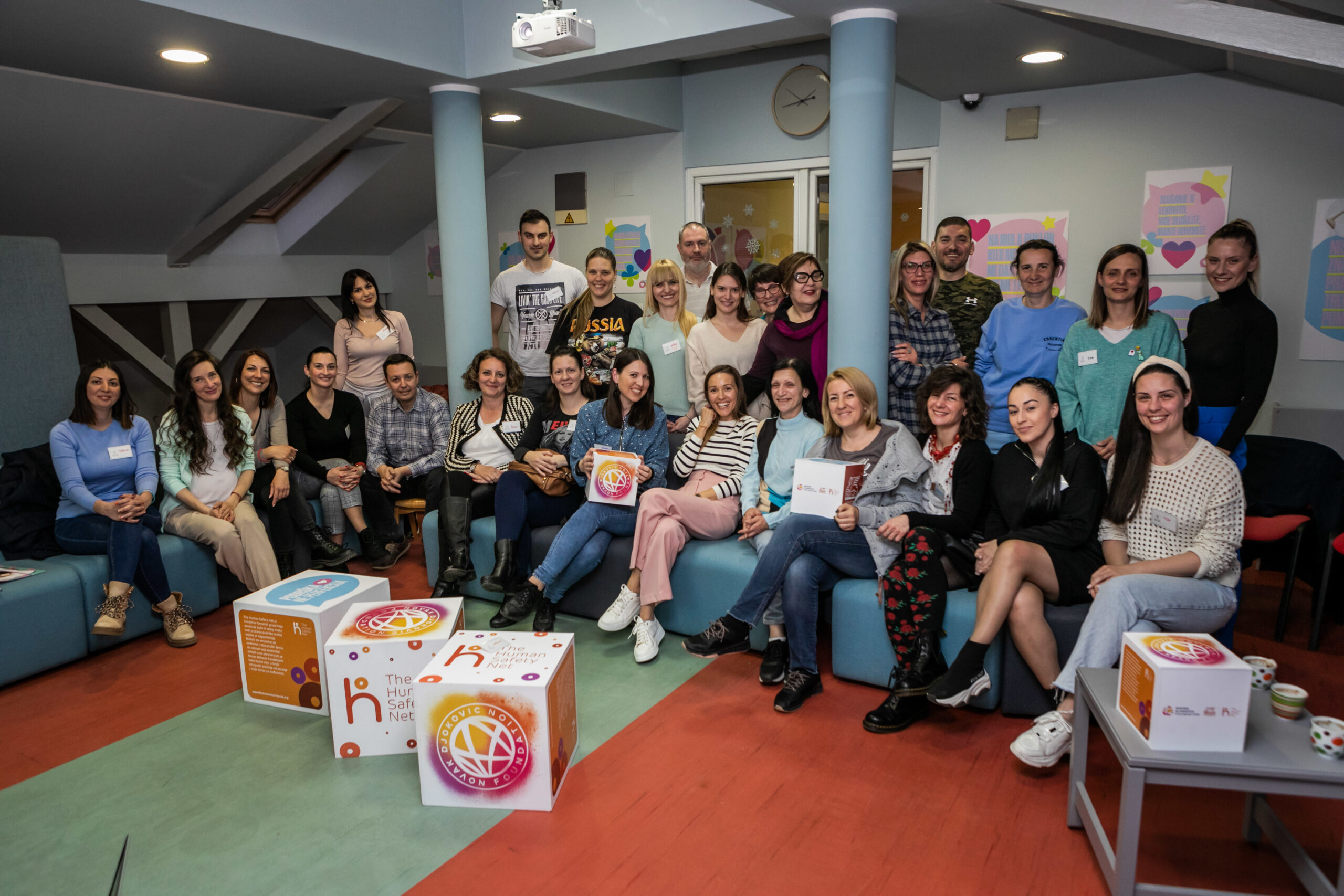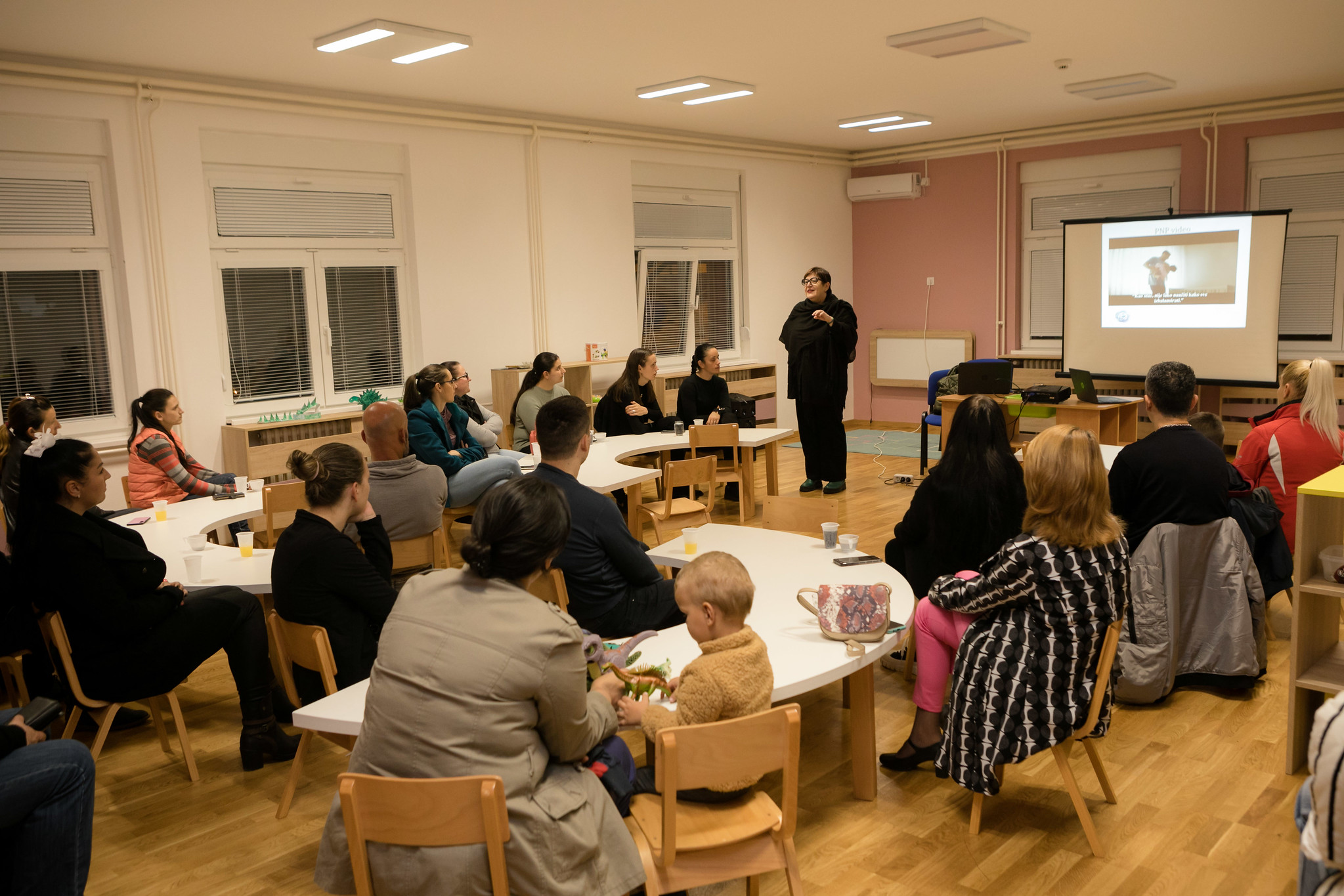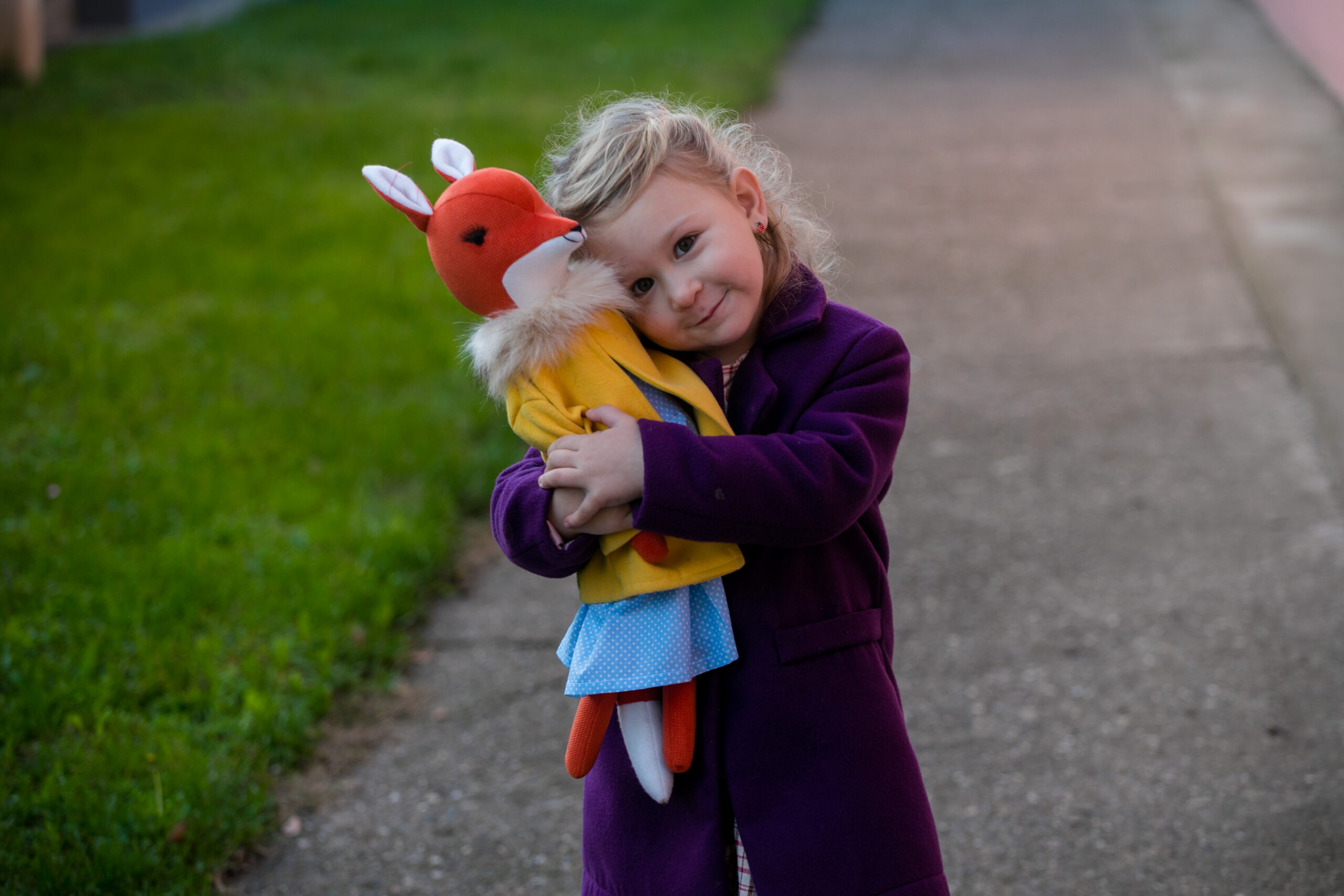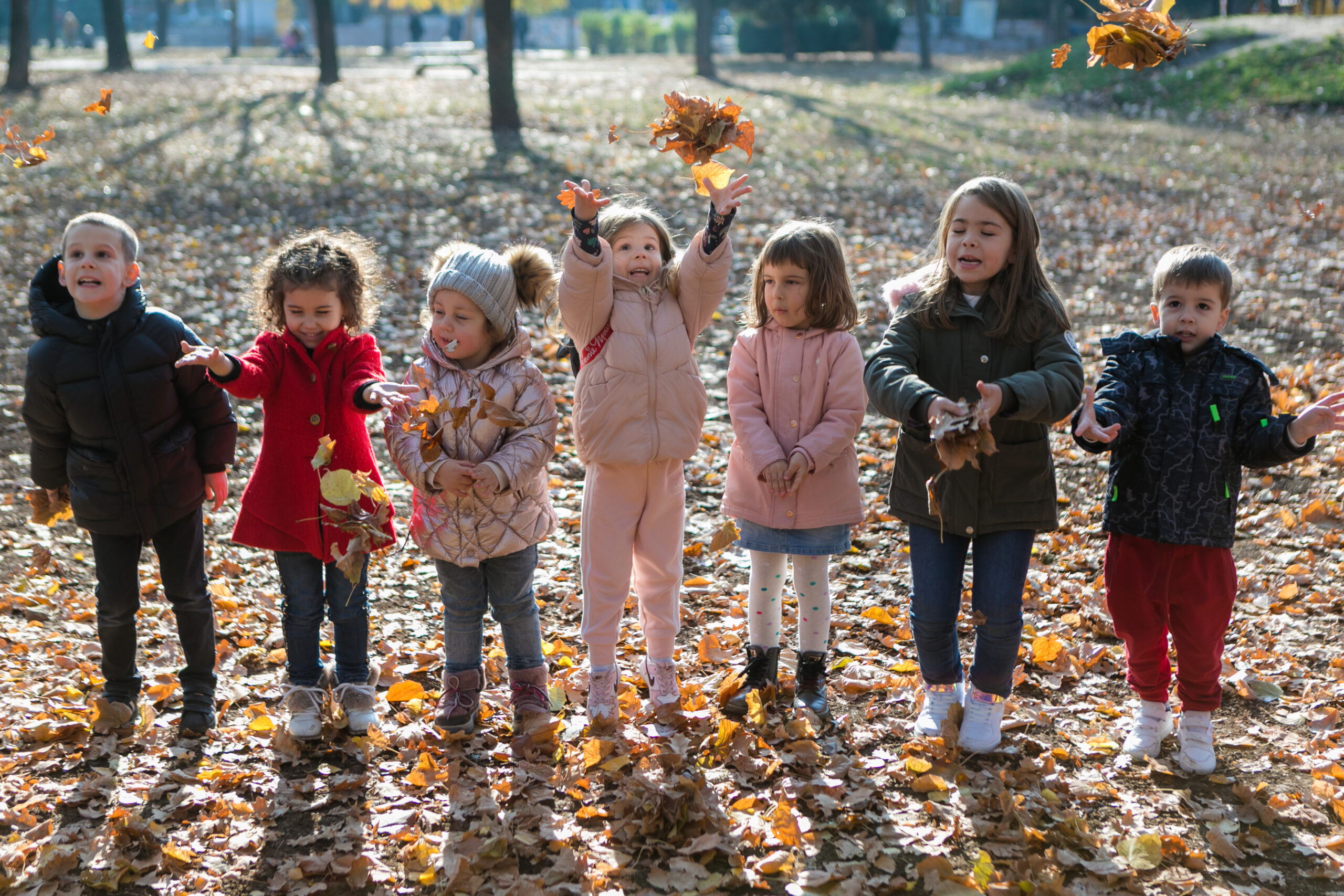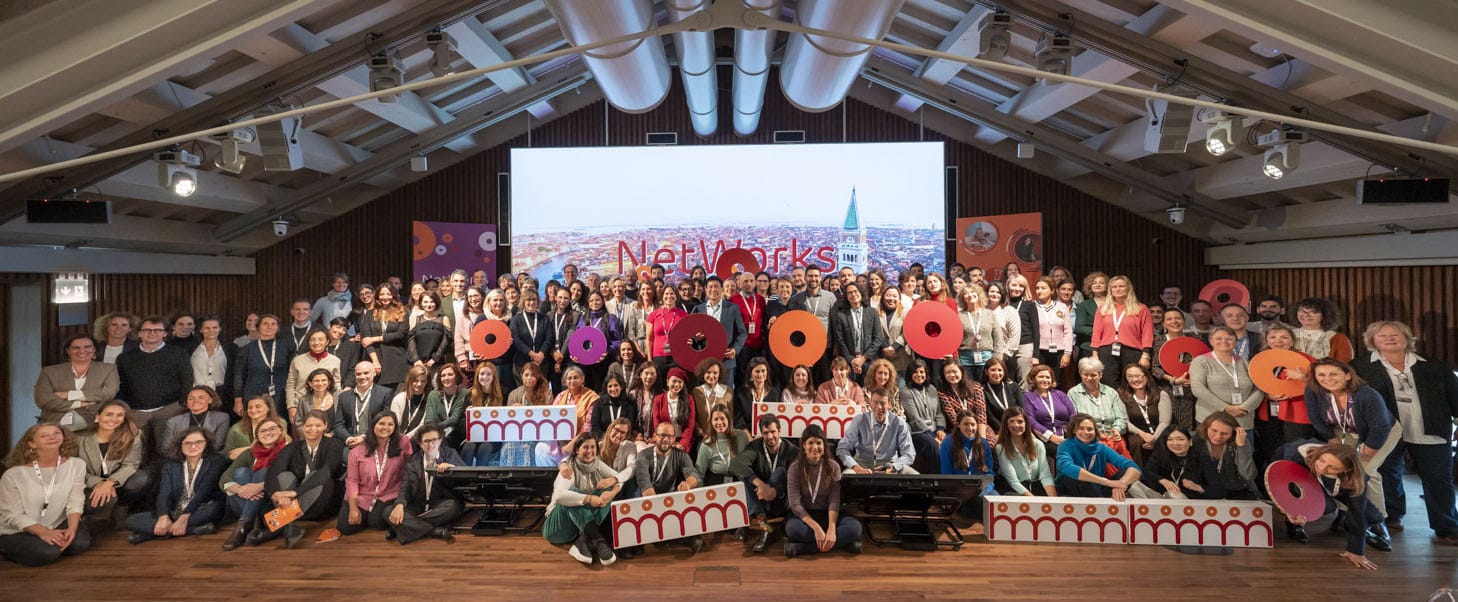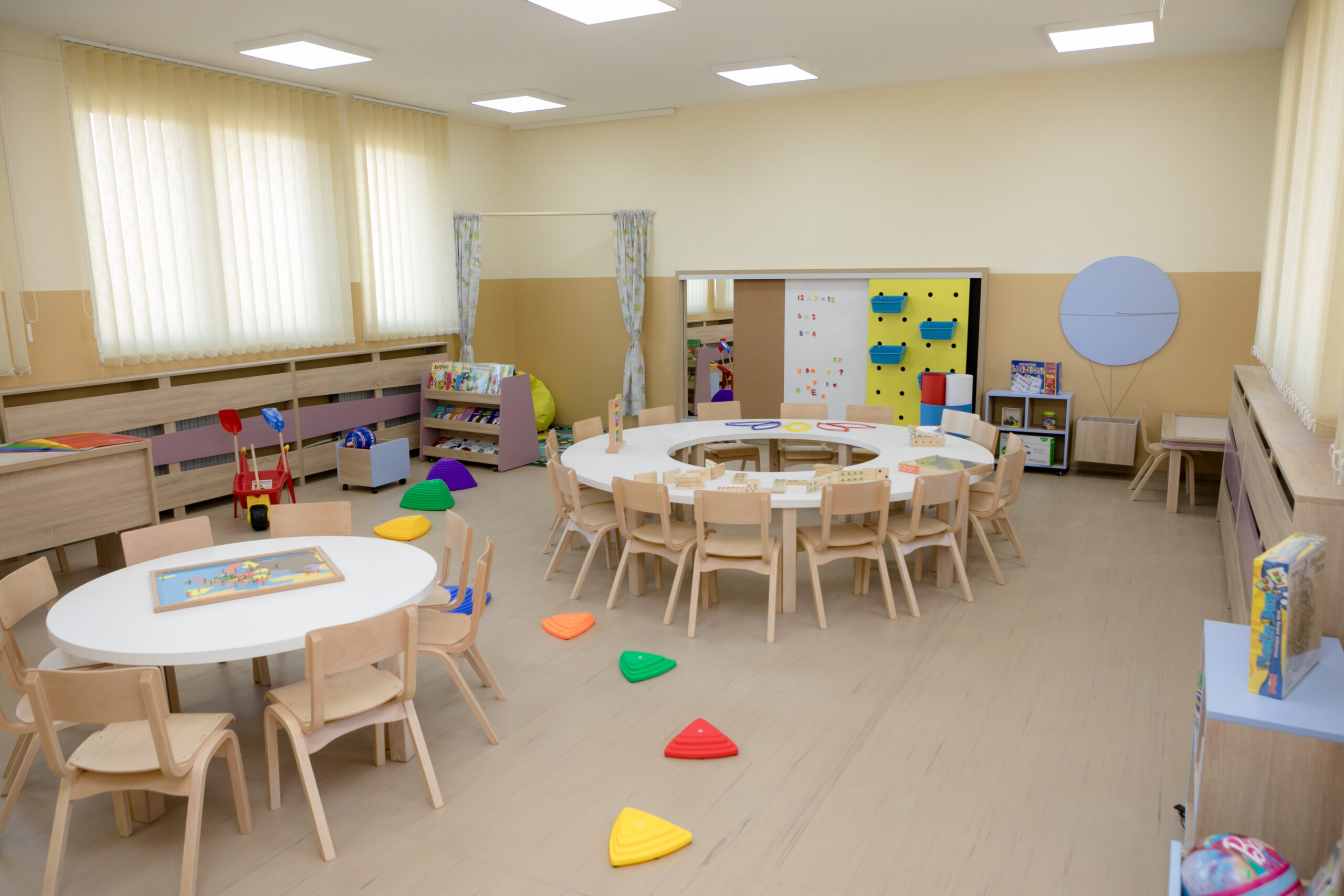We teach our children the way we consider best. But take note: experts say that punishing, rather than guiding, your child in response to bad behaviour is doing more harm than good.
The way we choose to discipline our children is influenced by multiple factors. Many of us will base our approach to parenting on how the people around us raise their children, and/or how we were raised ourselves. In many households worldwide, “teaching your child a lesson” is commonplace: methods like being grounded or spanked are definitely not unheard of and many times are socially acceptable. However, experts say there’s a risk to punishing your child, especially during their early years. But does that mean discipline should fly out the window? Certainly not – in fact, recognising that punishment and discipline are not synonymous is crucial. Only then can we fully adopt guidance as the better approach.
The Difference Between Punishment and Discipline
Perhaps it’s the phrase “disciplinary action”, usually considered the worst price to pay for unacceptable conduct at work, which makes us associate discipline with punishment. But the difference between the two is actually quite stark: while discipline teaches a child how to act, gives them the chance to correct a mistake and be in charge of their own actions, punishment only tells a child that they are bad and does not inform them what to do instead. Consequently, punishment (unlike discipline) often makes little to no sense to a child since they are unable to connect it directly to what exactly they had done wrong. While it might appear that punishment is the more immediate, short-term solution to correct behaviour, this isn’t the case. In fact, punishment isn’t a solution at all – it fails to target the root of problem behaviours and so is entirely ineffective in solving them.

Copyright: Dina Uretski
Why is Punishing Pre-schoolers Bad?
Whether you’re a parent or teacher, it’s important to recognise that punishing pre-schoolers harms multiple aspects of their development. Studies have concluded that HCP (harsh corporal punishment) – e.g. spanking – may have detrimental effects on children’s brain development. Unbeknownst to many of us, there are many things your children learn when you physically punish them, including that: older people have the right to hit younger people; violence (or bullying) is an appropriate way to solve problems; they can’t trust you; lying and manipulating people are good, as it allows them to avoid physical punishment. HCP has other deep consequences for a child: they start to lose self-esteem, are so afraid that parts of their brain actually start to shut down (causing poor school performance and a return only to simple reflex responses), see cognitive impairment and long-term developmental problems, and lose respect for you and other adults. These effects are also true for non-physical punishments, including shouting at or calling your child names and not letting them go on play-dates with their friends – among other actions – when they do something bad. Replacing punishment strategies with guidance strategies is essential, both to correct bad behaviours, and to ensure your child’s positive growth and development.
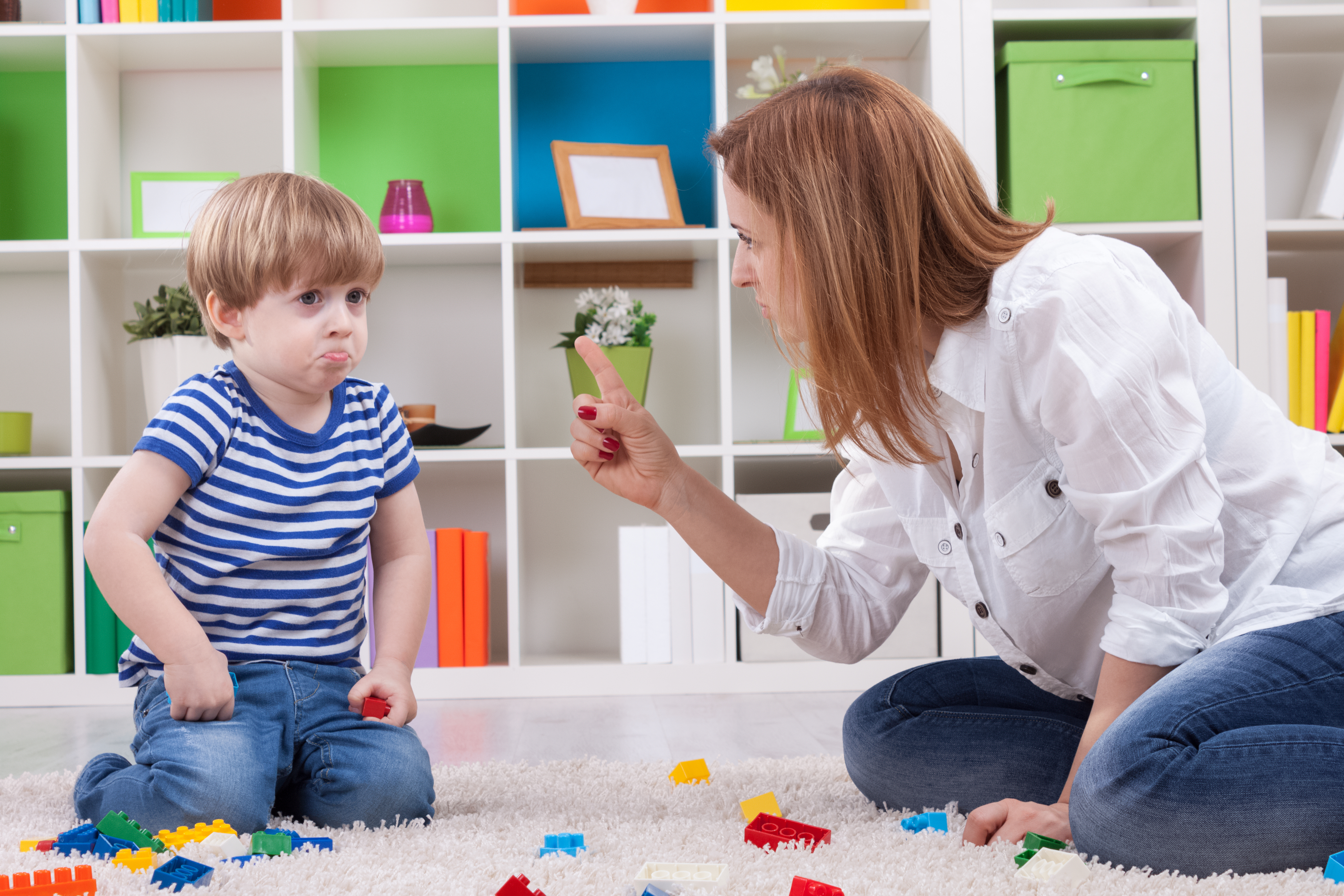
Copyright: didesign021
Good-to-know Guidance Strategies
Monitoring a child’s social and physical environment is vital when it comes to positive guidance strategies. Children who are engaged and active as well as play and learn in an environment that promotes positive social relationships are less likely to display inappropriate and/or challenging behaviours. The following ways of guiding behaviour must be used on a consistent basis by anyone directly involved with the child, whether parents or pre-school staff.
Positive relationships are developed when adults:
- empower children to use language and other non-hurtful communication to express emotions,
- promote positive and empathetic relationships between children,
- encourage and assist children to make decisions and develop self-discipline,
- model appropriate behaviours; are understanding and supportive of children’s emotions.
To ensure children are engaged you might also: provide interesting and age-appropriate materials; allow plenty of outdoor play; give children opportunities for independent and solitary, as well as group, play; make sure there’s enough overall space so that children have choices about being together.
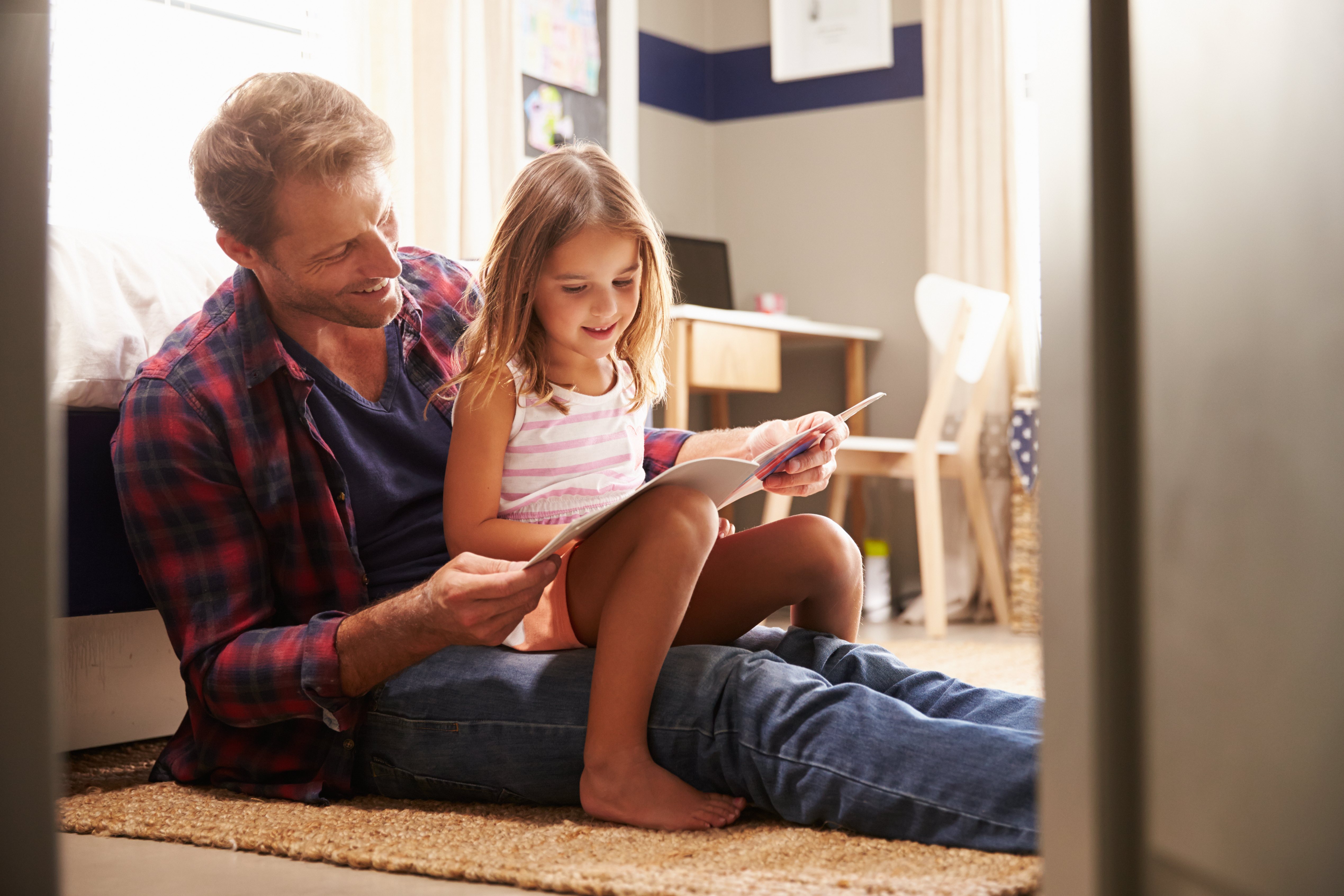
Copyright: Monkey Business Images
Turning a New Leaf
There was a time historically when curing a headache involved drilling holes in people’s heads to let evil spirits out. There was also a time when we thought the earth was flat. These ideas and methods were effective at the time, given the information available to us. But that was then. With advances in parenting, we don’t have to spank children to make them understand the “error of their ways”. Let’s all use positive guidance strategies to teach our children right from wrong instead of hurting them. They, and generations of children to come, will thank you.

